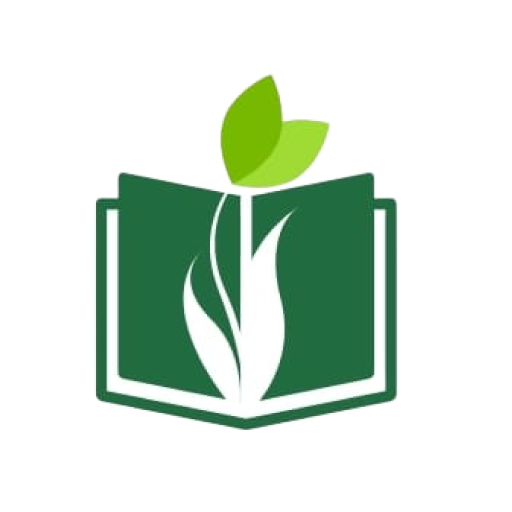
Smart Irrigation solutions for Nepalese farmers: A Consultant Prespectives
By: Joseph Kings, Agriculture Consultant
Published on: March 19, 2025
Introduction
Water is one of the most critical resources for farming in Nepal, especially as climate change and erratic rainfall patterns continue to challenge traditional irrigation methods. Smart irrigation solutions are emerging as a sustainable way for Nepalese farmers to optimize water use, improve crop yields, and reduce costs. As an agriculture consultant, I’ve seen firsthand how these solutions can revolutionize farming in Nepal. In this blog, we’ll look at why smart irrigation is essential and how it can boost productivity for local farmers.
Why Smart Irrigation?
Nepal’s farmers often rely on outdated irrigation practices, which can lead to water wastage and inefficient crop growth. Smart irrigation technologies, however, offer efficient alternatives, allowing farmers to:
- Optimize water usage: Deliver water directly to plants as needed, preventing overwatering and water waste.
- Increase crop yields: Provide consistent water supply, improving crop growth and productivity.
- Adapt to climate change: With unpredictable weather, smart systems help farmers adjust watering schedules based on real-time weather data.
Smart Irrigation Solutions for Nepal
1. Drip Irrigation
Drip irrigation delivers water directly to the roots of plants, minimizing water loss and ensuring that crops receive the right amount of water. This method is especially effective for areas with limited water resources.
2. Sprinkler Systems
These systems distribute water in a controlled manner over larger areas, making them suitable for crops like maize and wheat. They can be automated to ensure precise watering at the right time of day.
3.Irrigation Scheduling Based on Weather Data
By integrating weather forecasting into irrigation systems, farmers can adjust watering schedules to avoid wasting water during rainy periods. This smart scheduling is powered by weather apps or sensors that provide real-time data.
Consultant’s Perspective
From a consultant’s point of view, the implementation of smart irrigation in Nepal requires:
- 1. Training: Farmers need proper guidance on using these systems effectively, and training is key to adoption.
- 2. Affordability: While initial costs may be high, long-term savings in water and increased yields make it a worthwhile investment.
- 3. Government Support: Policy incentives and subsidies can encourage more farmers to adopt these sustainable practices.
Conclusion
Smart irrigation solutions are a game-changer for Nepalese farmers, offering a more efficient way to manage water resources, boost productivity, and adapt to climate change. As agriculture consultants, it’s our job to guide farmers through these changes, ensuring they have access to the tools, training, and resources they need to succeed. With the right support, smart irrigation could lead to a more sustainable and profitable future for Nepal’s agricultural sector.


